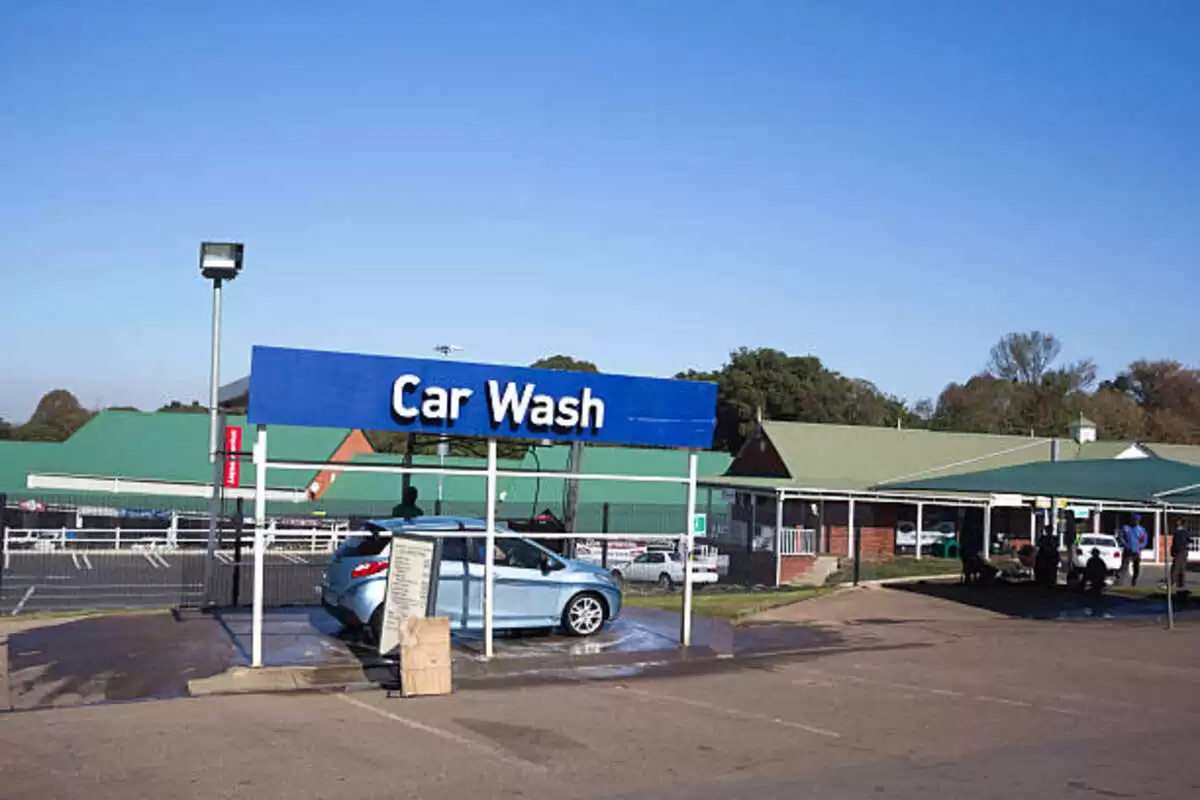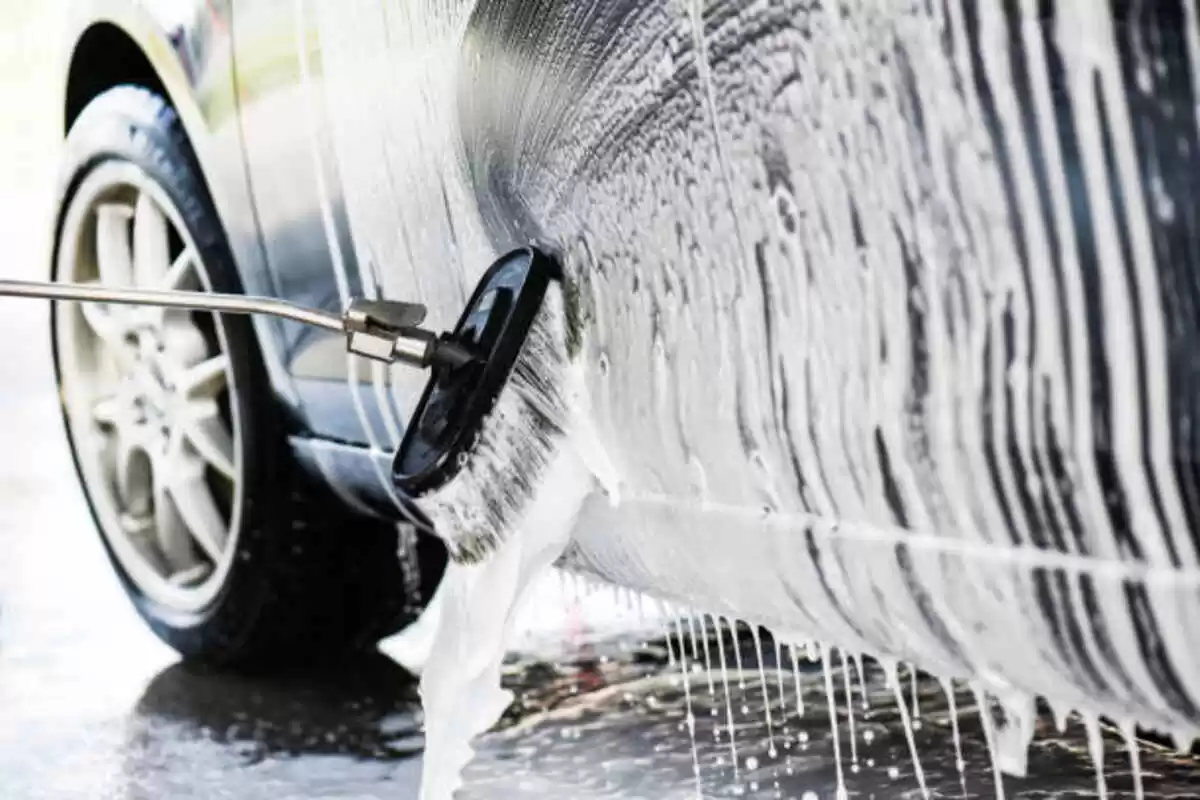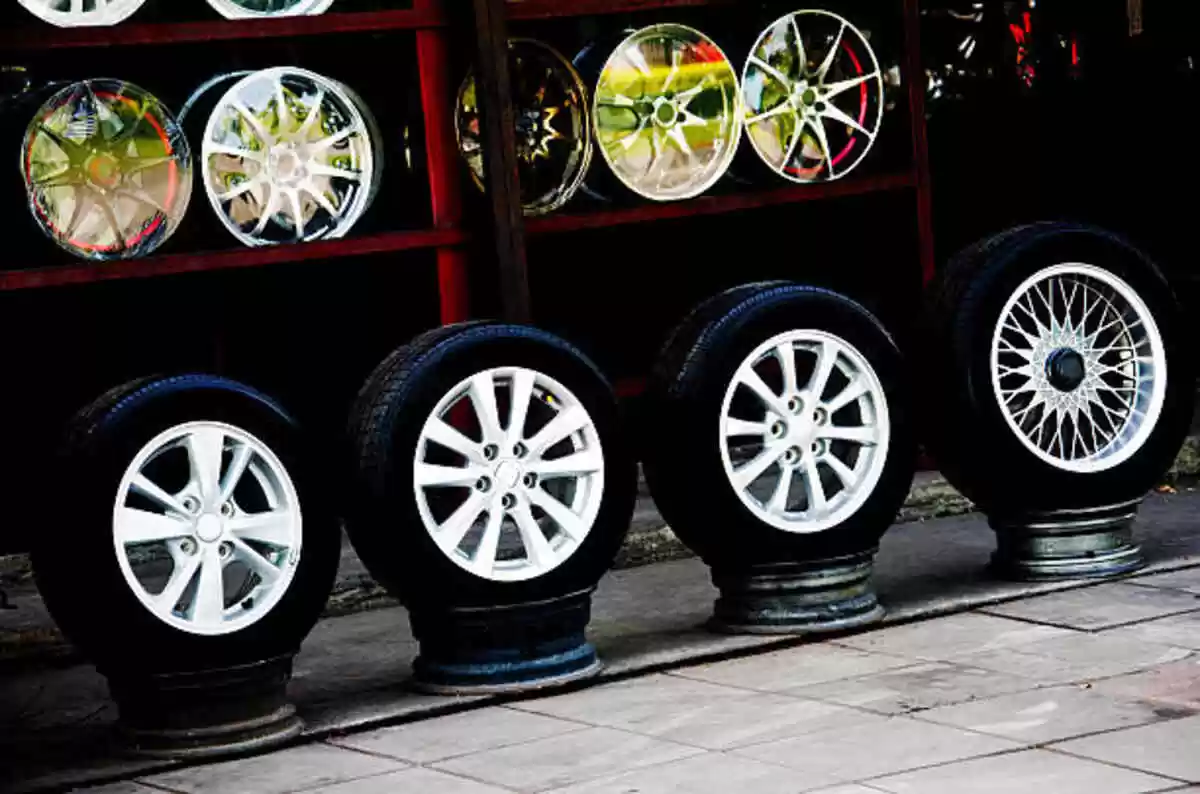General Motors, which aspires to have an all-electric portfolio by 2035, said it has not filed an intervention. The Alliance for Automotive Innovation, which represents the five automakers intervening in the suit as well as GM and other major automakers in the U.S., said it is not a party to the litigation. Stellantis declined to comment.
The GOP attorneys general, led by Ohio’s Dave Yost, allege the Clean Air Act waiver violates the Constitution’s equal sovereignty doctrine.
In addition to Yost, officials from Alabama, Arkansas, Georgia, Indiana, Kansas, Kentucky, Louisiana, Mississippi, Missouri, Montana, Nebraska, Oklahoma, South Carolina, Texas, Utah and West Virginia — as well as the American Fuel & Petrochemical Manufacturers Association and other biofuels groups — joined the lawsuit challenging the reinstatement.
A coalition of 20 other states, the District of Columbia and the cities of Los Angeles and New York, as well as environmental groups, joined the lawsuit last month in support of the EPA’s action.
The EPA in March reinstated the waiver and withdrew its portion of the interpretation of the Clean Air Act that would prohibit other states from adopting California’s more stringent vehicle greenhouse gas emission standards.
The action was driven by President Joe Biden’s executive order in January 2021 that directed the U.S. Department of Transportation and the EPA to reconsider the Trump administration’s 2019 decision to revoke California’s authority.
The EPA previously granted California the waiver in 2013. At least 16 other states and D.C. have adopted California’s stricter vehicle emissions standards, representing more than one-third of all light-vehicle sales in the U.S., according to the California Air Resources Board.
The board is developing regulations that would accelerate a transition to ZEVs and strengthen emission standards for new light-duty cars and trucks sold in the state.





